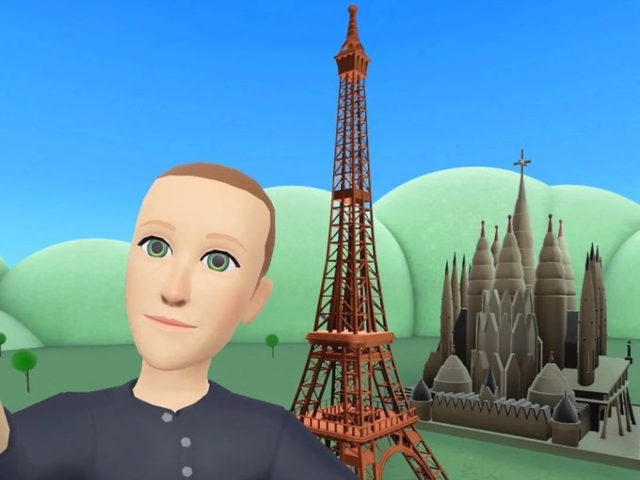Instagram, the globally popular social media platform owned by Mark Zuckerberg’s Facebook (now known as Meta), has failed to stop the conn...
Instagram, the globally popular social media platform owned by Mark Zuckerberg’s Facebook (now known as Meta), has failed to stop the connection and promotion of a vast network of accounts involved in the creation and purchase of child pornography, according to recent investigations by researchers at Stanford University and the University of Massachusetts Amherst. Child Pornography dealers on Instagram are so brazen that they offer a “menu” of services directly on Zuckerberg’s platform.
The Wall Street Journal reports that according to recent investigations by researchers at Stanford University and the University of Massachusetts Amherst, Instagram, the widely used social media platform owned by Facebook, enabled the connection and promotion of a vast network of accounts involved in the creation and purchase of child porn.
Researchers claim that Instagram’s algorithms, which were created to link users with similar niche interests, promote these illegal activities. It has been discovered that the platform’s recommendation systems direct users toward explicit content and link content sellers and pedophiles.
“Instagram’s algorithms excel at linking those who share niche interests. Unfortunately, this has led to the promotion of pedophilic activities and the connection of pedophiles with content sellers,” said a researcher involved in the investigation.
Researchers discovered that users could access accounts that sold child sex material by using the search feature on Instagram to locate explicit hashtags. Some accounts even provided “menus” with content options, including clips of kids hurting themselves and having sex with animals.
Facebook has acknowledged enforcement problems in response to the findings and declared the creation of an internal task force to address the issues. In the last two years, the company claimed to have taken down 27 pedophile networks, and it has plans to take down more. Thousands of hashtags that sexualize children have also been blocked, and it is working to stop its systems from suggesting that potentially pedophilic adults connect with one another.
“Child exploitation is a horrific crime,” a Facebook spokesperson said. “We’re continuously investigating ways to actively defend against this behavior.”
Despite these initiatives, the issue is still far from being solved. The researchers discovered that the problem is exacerbated by Instagram’s content-discovery features, reliance on search, and links between accounts. In order to make their content more accessible, pedophiles have taken advantage of the platform’s use of hashtags for content discovery.
“Instagram’s problem comes down to content-discovery features, the ways topics are recommended, and how much the platform relies on search and links between accounts,” said a researcher from the Stanford Internet Observatory. “You have to put guardrails in place for something that growth-intensive to still be nominally safe, and Instagram hasn’t.”
Despite the huge potential for harm to children posed by a platform that allows pedophiles to run amok, Facebook has plans to expose even more kids to the horrors of Mark Zuckerberg’s social media platforms. Breitbart News previously reported on Zuckerberg’s plans for “Instagram for Kids” to reach young chilren:
Recode reports that during a Senate hearing this week, Instagram CEO Adam Mosseri revealed that the company is still considering developing an “Instagram for Kids” app despite recent reports on the platform’s negative effect on teens’ mental health and previous promises to halt the development of such an app.
During the hearing, Sen. Richard Blumenthal (D-CT) asked Mosseri if he would commit to permanently ending the development of Instagram for Kids, to which Mosseri responded: :What I can commit to you today is that no child between the ages of 10 to 12 — should we ever manage to build Instagram for 10- to 12-year-olds — will have access to that without explicit parental consent.”
Mosseri’s answer shows that Facebook may still build an app for kids, it will simply require some form of parental consent for children to access it.

